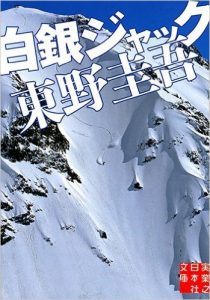I posted a bilingual review of Honey Bees and Distant Thunder by Onda Riku here. To follow up, I’m posting a translation of a short story that is embedded into the novel as part of the description of one of the songs that a character performs in a piano contest. This short story is one of the many creative ways Onda Riku expresses music through words.
I decided to translate this because it was challenging for me to catch the details the first time I read through it. I realised that it was because I had trouble determining the subjects of some of the sentences and who some of the pronouns were referring to.
In my attempt at a translation into English I tried to clarify many of the subjects. English writing tends to use sentences with explicit subjects more frequently, while in Japanese, the subjects are often inferred from contextual clues.
I won’t give away who performs the song or what song this story is describing in case you plan on reading the book yourself.











